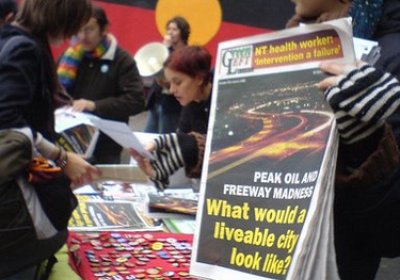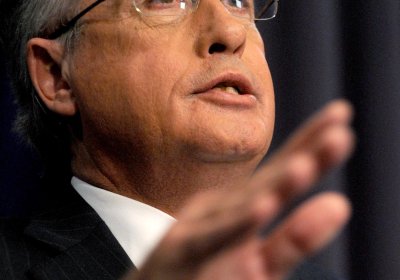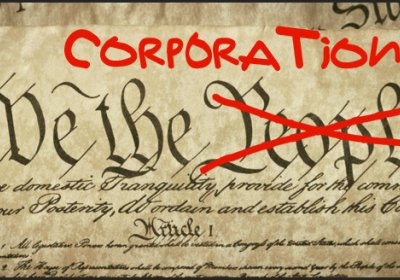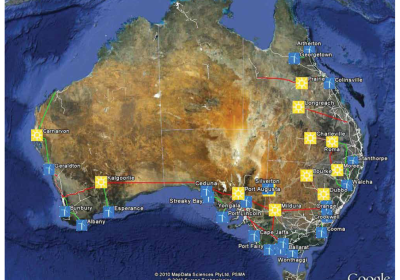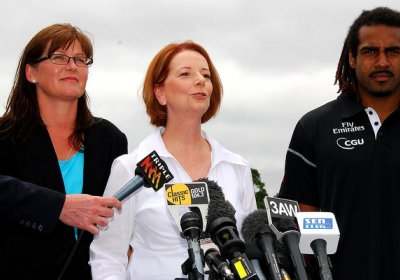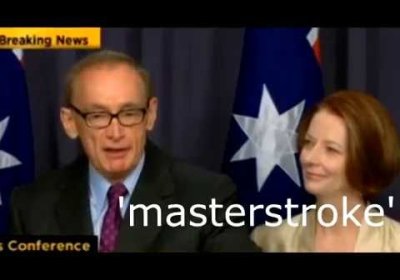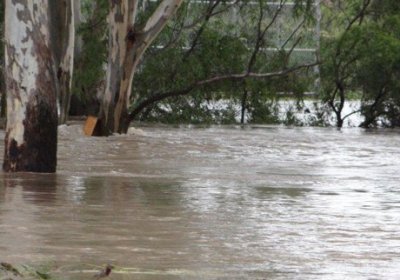The advertising industry is insidious. A massive US$464 billion was estimated to have been spent globally on commercial advertising in 2011. Next year it is tipped to grow by another US$22 billion despite the ongoing economic crisis in Europe and the US.
Analysis
A new media watchdog to regulate big media corporations — but also smaller, independent and online media operations — was the key recommendation of Ray Finkelstein’s sweeping report on Australian media released on February 28.
A “free trade agreement” being negotiated by Australia, the United States and other countries could have profound impacts on crucial public policy issues including food security, natural resource management, access to essential medicines, public assets and more.
Negotiations for the Trans-Pacific Partnership Agreement (TPPA) – including Australia, the US, New Zealand, Chile, Peru, Singapore, Brunei, Malaysia and Vietnam – are taking place in unprecedented secrecy.
Media watchers should be forgiven for a degree of confusion over statements by federal treasurer and deputy prime minister Wayne Swan in the past two weeks.
He began the month with a Press Club address, published in The Monthly’s March edition titled “The 0.01%” where he attacked “the rising power of vested interests” — naming mining magnates Clive Palmer, Andrew Forrest and Gina Rinehart — for “undermining our equality and threatening our democracy”.
Sometimes it takes a truly dramatic event to really make you face up to a serious threat.
It was a week which started with federal treasurer Wayne Swan having a go at the mining billionaires for distorting our democracy, but which soon entered a new phase whereby the Labor party illustrated the rather narrow range within which our two party system has room to move.
In 1963, a senior Australian government official, A R Taysom, deliberated on the wisdom of deploying women as trade representatives. “Such an appointee would not stay young and attractive for ever [because a] spinster lady can, and very often does, turn into something of a battleaxe with the passing years [whereas] a man usually mellows.”
On International Women’s Day 2012, such primitive views are worth recalling; but what has happened to modern feminism? Why is it so bereft of its political, indeed socialist roots, that any woman who “achieves” within an immoral system is to be admired?
The Socialist Alliance released the statement below on March 8.
* * *
This International Women’s Day, on March 8, falls at a time when the environmental and economic crises of global capitalism are making life even harder for most women and the communities they live and work in.
The corporate media has fawned over the new foreign minister, but a look at Bob Carr in his own words shows his right wing positions on uranium, Palestine, Julian Assange, the US, Aboriginal rights, human rights, workers and privatisation.
I remember Grong Grong; my aunt and uncle had a store there in the 1960s. Floods are not common in this stretch of the NSW Riverina, but they happen in odd years when the Murrumbidgee River further south rises and breaks its banks.
For runoff from the often-parched paddocks around Grong Grong to cause flooding is almost unheard of.
Independent MPs Rob Oakeshott and Tony Windsor announced a plan in early February to convince the government to count native forest wood-fired power stations as a renewable energy source. Their plan would mean wood-fired power would qualify for renewable energy subsidies.
Below is an “open letter of concern” to Oakeshott from 16 Australian scientists about his support for “incentives for native forest biomass burning”.
* * *
Dear Mr Oakeshott,
Prime Minister Julia Gillard anointed former NSW premier Bob Carr as Australia's foreign minister on March 2. His appointment awaits the approval of a joint sitting of NSW parliament, but for all intents and purposes, Carr has just been catapulted to the third-highest political post in the land after being out of politics since 2005.
- Previous page
- Page 412
- Next page

